Unwrapping a Greener Kitchen: Sustainable Alternatives to Single-Use Plastic Wrap
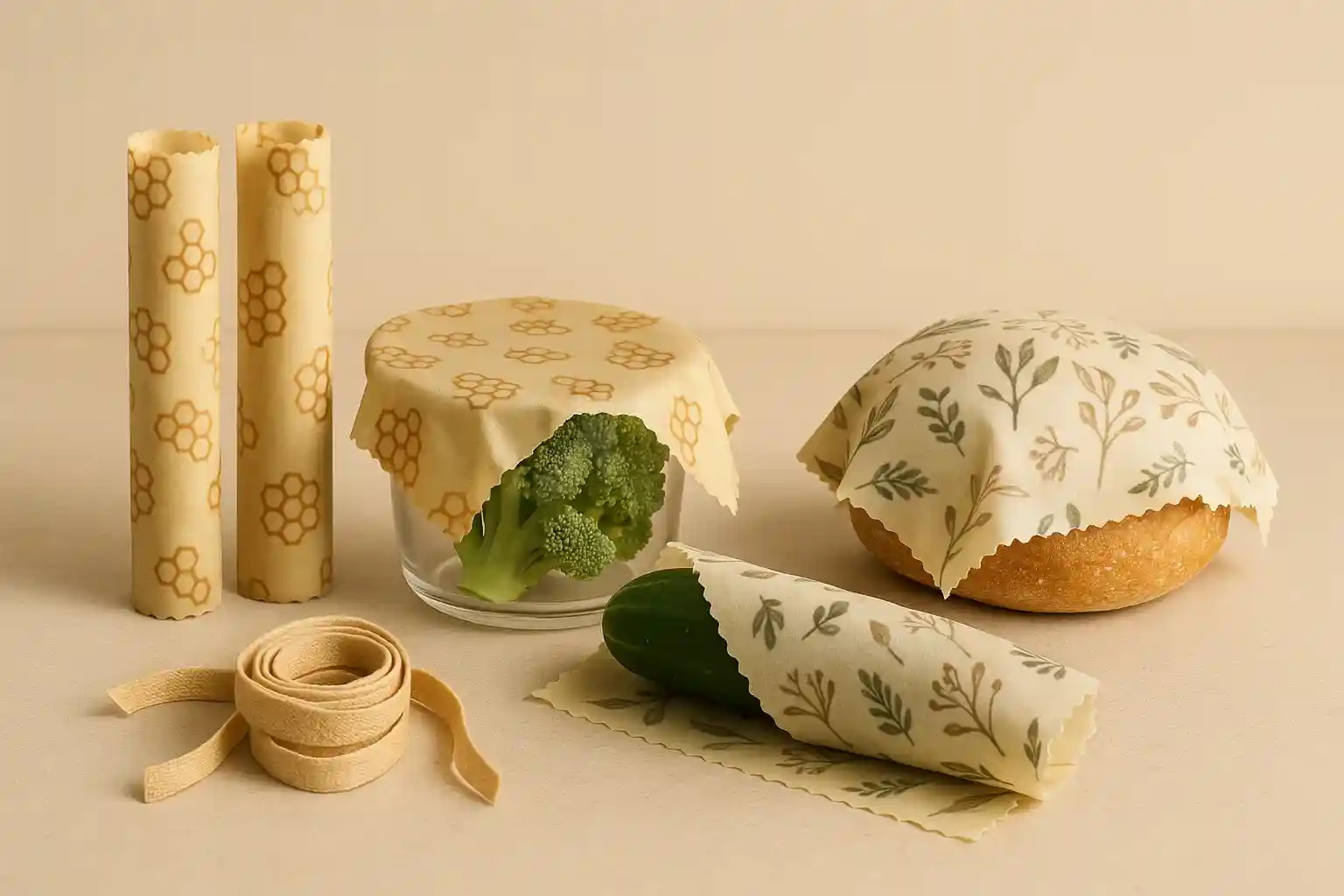
The kitchen, a hub of culinary creativity and daily sustenance, often relies on the convenience of plastic wrap. This thin, transparent film seems indispensable for covering leftovers, wrapping sandwiches, and preserving food freshness. However, the widespread use of single-use plastic wrap contributes significantly to the ever-growing problem of plastic waste. Its short lifespan, coupled with its non-biodegradable nature and the challenges of recycling it effectively, makes plastic wrap a major contributor to landfill accumulation and environmental pollution. Embracing a zero-waste kitchen necessitates a critical look at our reliance on this disposable product and a conscious shift towards more sustainable and reusable alternatives.
The lifecycle of plastic wrap is a prime example of linear consumption. Derived from fossil fuels, its production is energy-intensive, and its fate after a brief period of use is almost invariably the trash can. Unlike more rigid plastics, plastic wrap is often contaminated with food residue, making it difficult to recycle. Its thin and flimsy nature also poses challenges for recycling machinery. The sheer volume of plastic wrap used globally each day results in a staggering amount of waste that persists in the environment for centuries, breaking down into harmful microplastics that contaminate our soil, water, and even the air we breathe. Recognizing this unsustainable pattern, many individuals are seeking more responsible and eco-conscious ways to store and preserve their food.
Fortunately, a variety of effective and readily available alternatives to single-use plastic wrap exist, offering the same functionality without the associated environmental burden. By embracing beeswax wraps, utilizing versatile silicone lids, and opting for durable glass containers, we can significantly reduce our kitchen waste and adopt a more sustainable approach to food storage. These reusable options not only minimize our impact on the planet but can also often enhance the freshness and longevity of our food.
Embracing a Zero-Waste Kitchen: Sustainable Food Storage Solutions
Moving beyond the convenience of single-use plastic wrap opens up a world of more environmentally friendly and often more effective ways to store and preserve our food:
Beeswax Wraps: The Natural and Reusable Cover
Beeswax wraps offer a fantastic and natural alternative to plastic wrap. Made from cotton fabric coated with beeswax, tree resin, and plant oils, these wraps are reusable, washable, and biodegradable. The warmth of your hands softens the wrap, allowing you to mold it around bowls, plates, fruits, vegetables, and sandwiches, creating a breathable seal that helps to keep food fresh. Brands like Bee's Wrap have popularized these sustainable kitchen essentials. With proper care, beeswax wraps can last for many months, replacing countless rolls of plastic wrap.
Silicone Lids: The Flexible and Adaptable Seal
Silicone lids provide a versatile and reusable alternative for covering bowls, containers, and cut fruits and vegetables. Made from food-grade silicone, these lids are flexible and stretchable, allowing them to fit snugly over various shapes and sizes. Unlike plastic wrap, silicone lids can be washed and reused indefinitely, making them a durable and zero-waste option. Brands like Food Huggers offer a variety of silicone lids designed to fit different food items and containers.
Glass Containers: The Durable and Leak-Proof Choice
Glass containers with airtight lids offer a durable, reusable, and leak-proof solution for storing leftovers, meal prepping, and packing lunches. Unlike plastic wrap that only provides a temporary covering, glass containers offer a secure and long-lasting way to keep food fresh in the refrigerator or freezer. Glass is also non-reactive and easy to clean. Investing in a set of high-quality glass containers eliminates the need for single-use plastic wrap and provides a more organized and sustainable kitchen storage system.
Completing Your Zero-Waste Kitchen: Mindful Food Preservation
By consciously choosing beeswax wraps, silicone lids, and glass containers over single-use plastic wrap, we can significantly reduce our kitchen waste and embrace a more sustainable approach to food storage. These simple swaps not only benefit the environment but can also help us save money and create a more organized and eco-conscious kitchen.
Related Blogs
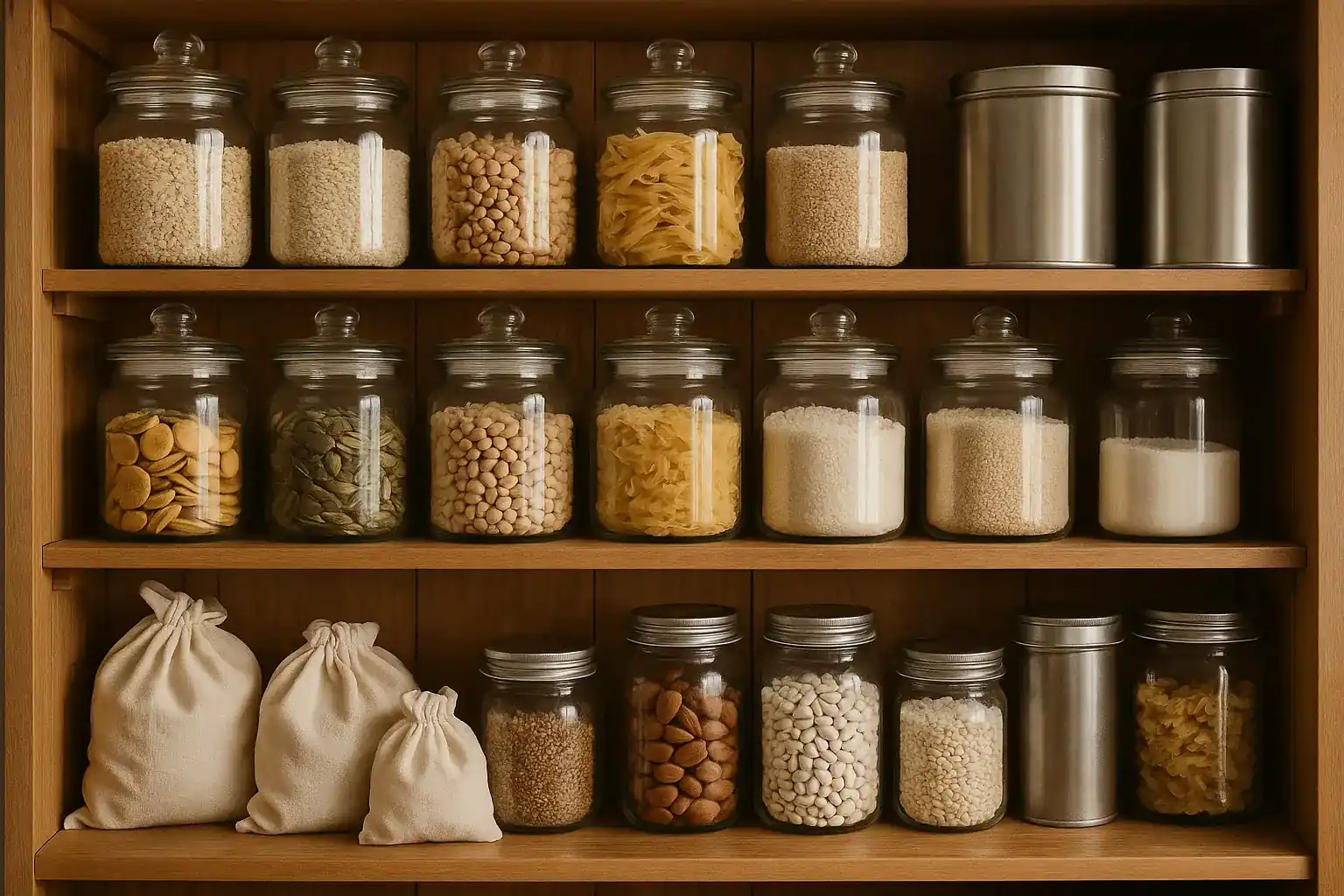
Say Goodbye to Single-Use: 10 Easy Swaps for a Plastic-Free Pantry
Insights on 10 easy swaps for a plastic-free pantry in a sustainable way.
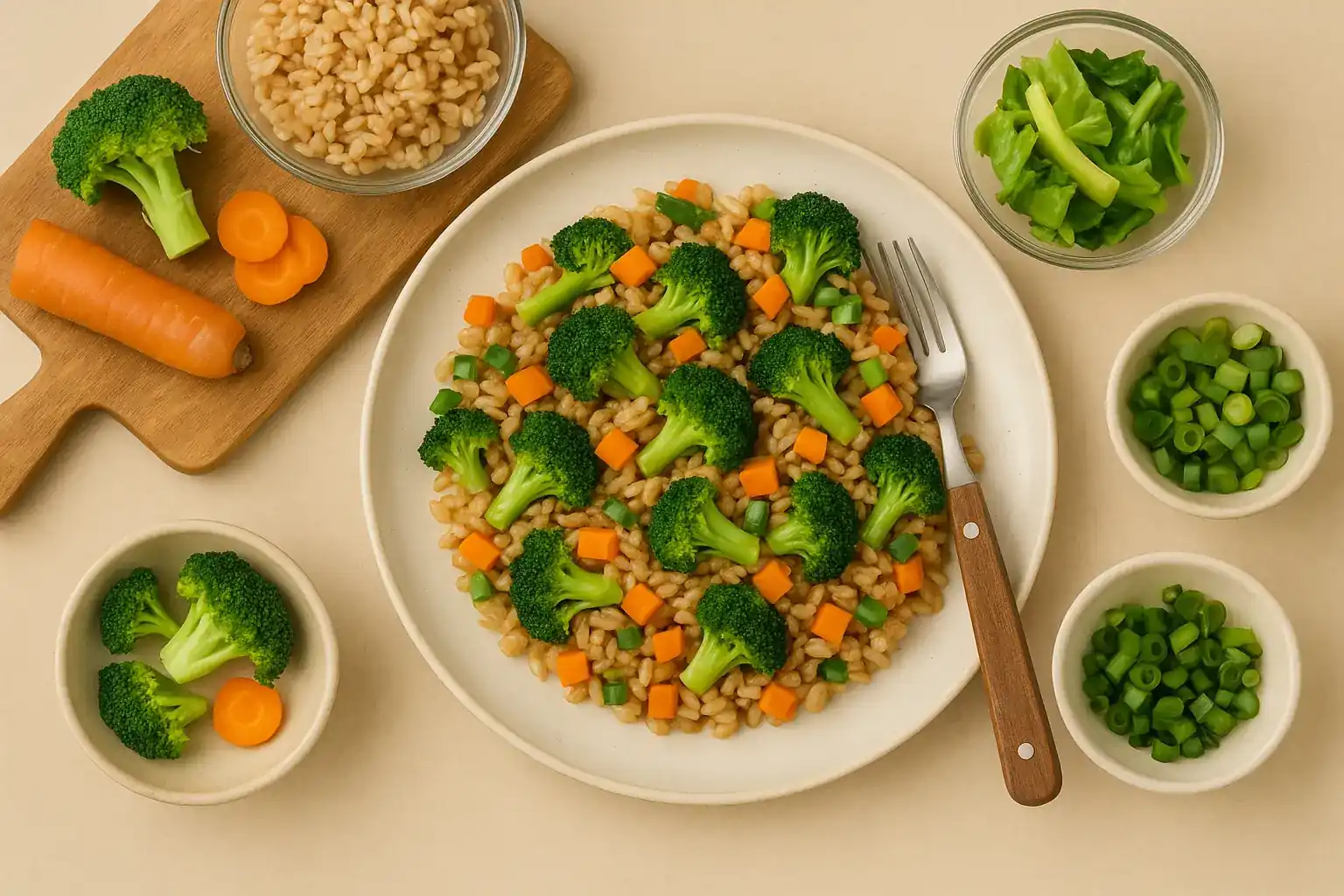
A Week of Delicious Transformations: Zero-Waste Recipes Using Your Leftovers
Insights on a week of zero-waste recipes using leftovers in a sustainable way.
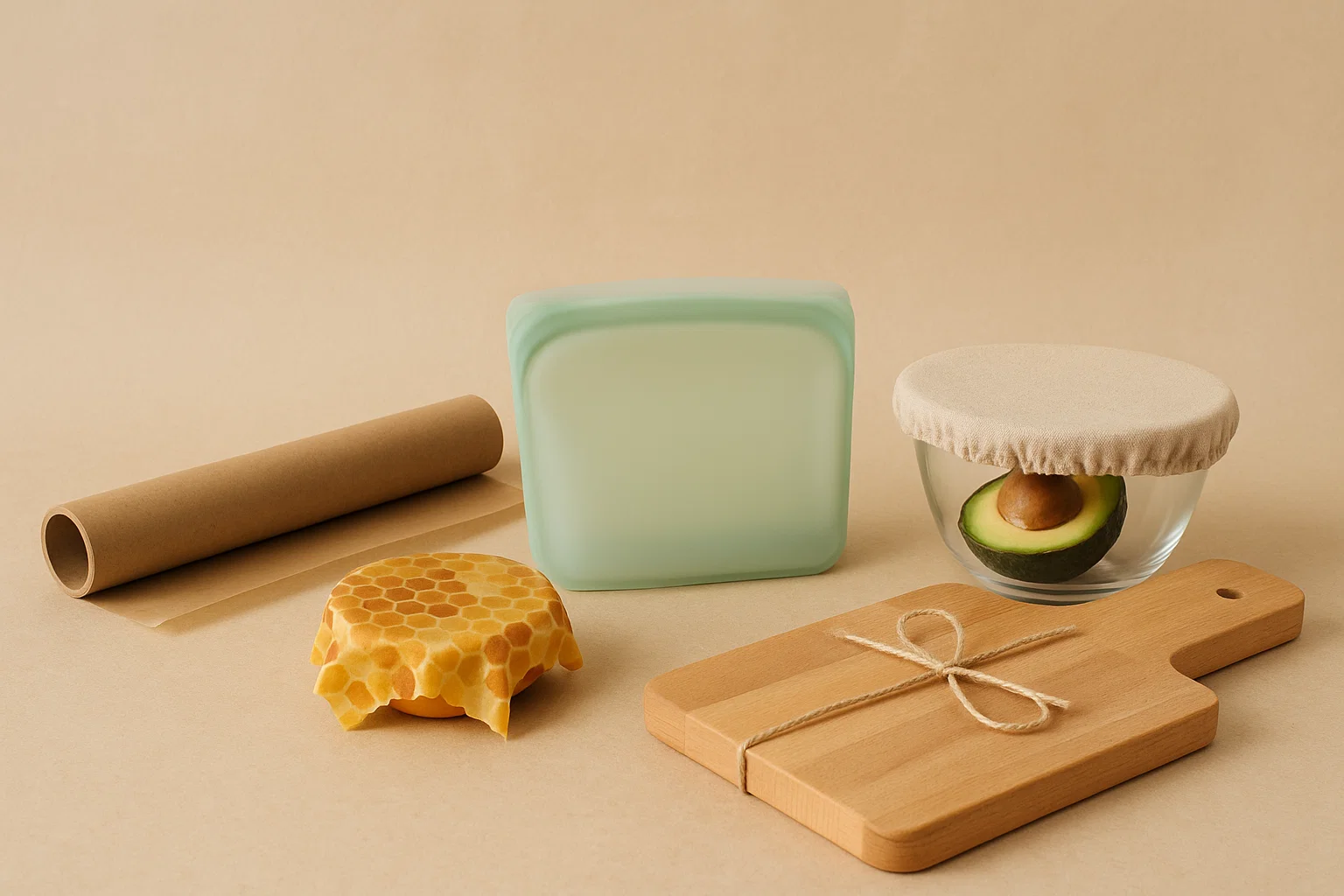
Beyond the Foil: Reusable Alternatives for Sustainable Baking and Food Storage
Opt for reusable silicone baking mats, covered bakeware, and beeswax wraps instead of aluminum foil.
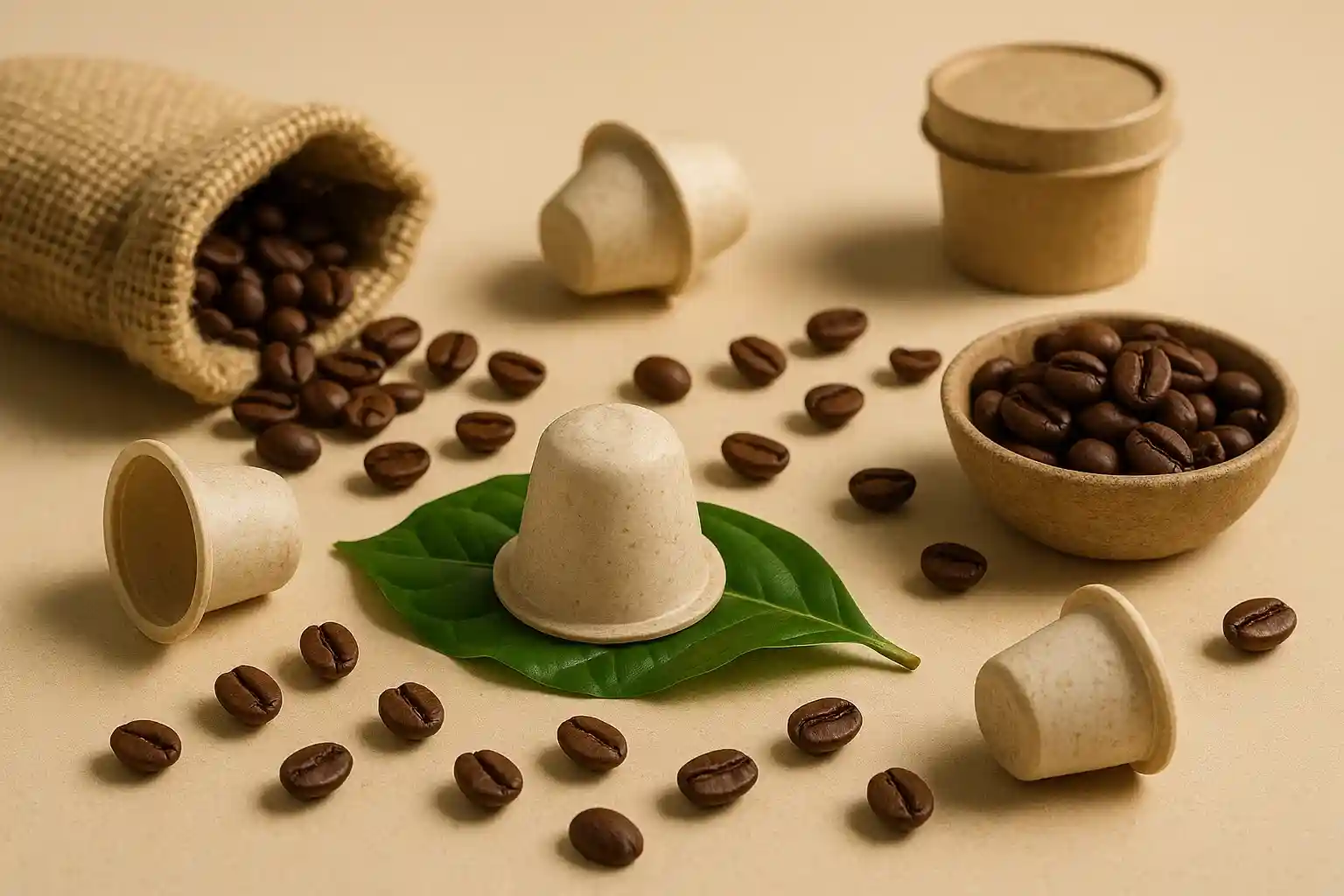
Brew Better, Waste Less: Sustainable Alternatives to Single-Use Coffee Pods
Lower waste and enjoy better flavor with reusable pods, French presses, or Moka pots.
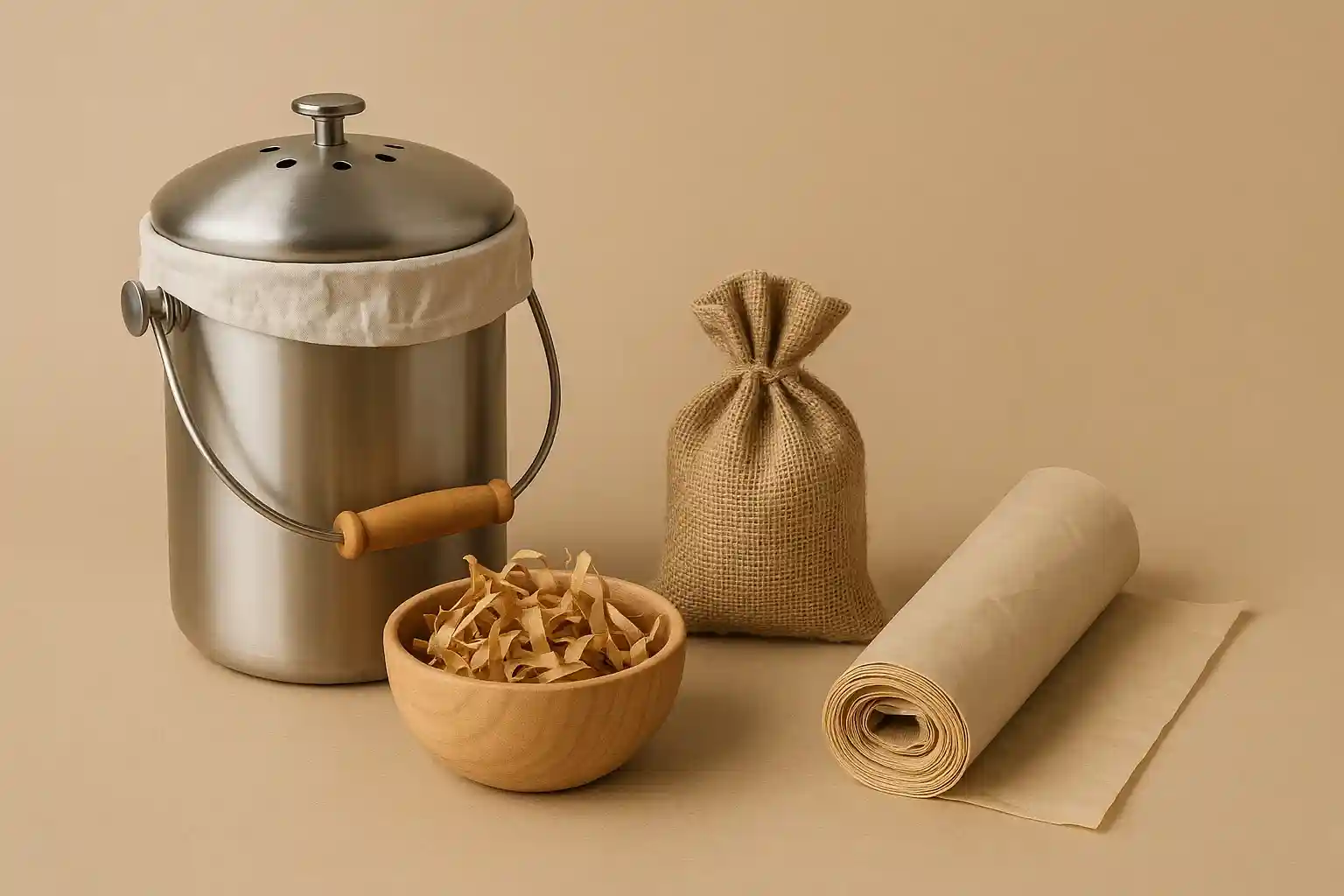
Compost Without the Carry-On: Sustainable Alternatives to Store-Bought Compost Bags
Reduce unnecessary plastic in composting with newspaper liners, bag-free bins, or DIY liners.
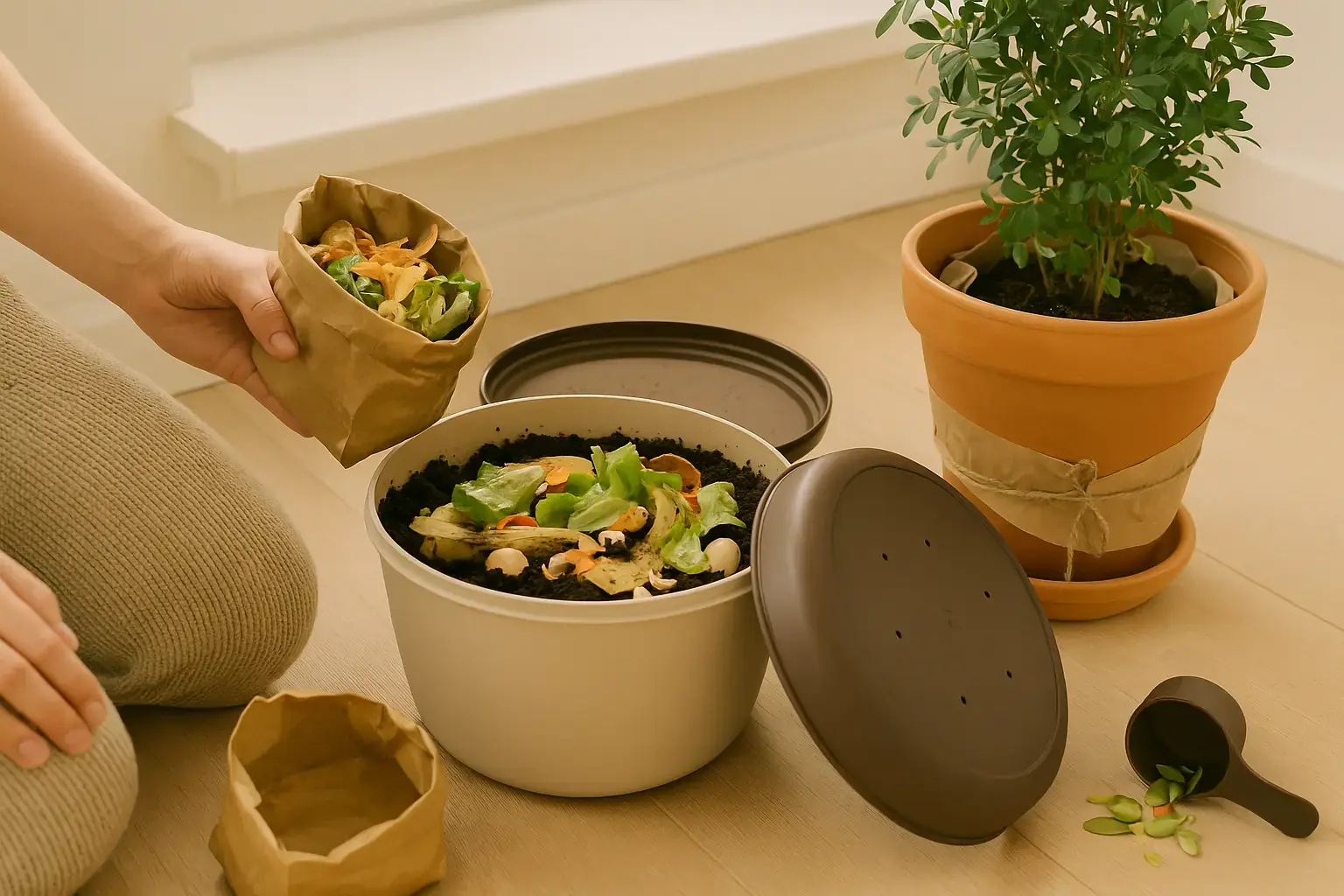
Compost Happens (Even in Apartments!): Your Beginner's Guide
Practical advice and actionable tips for composting 101.
Stay in the Loop
Get tips and insights tailored to your interests — no spam, just sustainability.